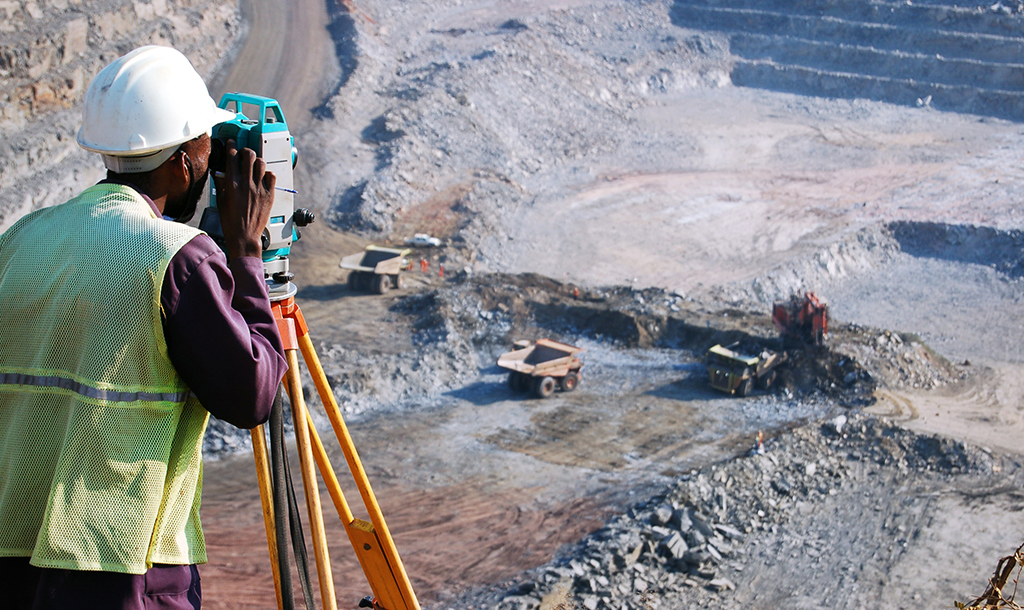Geological Engineering
Geological engineers connect nature with engineering—they apply geoscience to fields such as civil engineering, mining, and forestry, amongst others.
The work of geological engineers often supports and directs the work of other engineering disciplines and the earth sciences sector. For example, geological engineers will conduct geological and geotechnical studies to assess the suitability of locations for civil engineering, mining operations, and oil and gas projects. The recommendations of geological engineers will often impact the construction and operation of these projects.
Geological engineers will plan, design and implement geotechnical, geological, geophysical or hydrogeological data acquisition, analysis, and mapping programs. These analyses lead geological engineers to prepare recommendations and reports on factors that could affect the foundations of construction, mining, and civil engineering projects, such as rock excavation, pressure grouting, hydraulic channel erosion control, the settlement of buildings, the stability of slopes and fills, the probable effects of landslides and earthquakes, and groundwater flow and contamination. Geological engineers will also often work closely with mining engineers to conduct exploration, mine evaluation, and feasibility studies, and to inform the environmentally sound and sustainable extraction of mineral and energy resources from sub-surface deposits.

